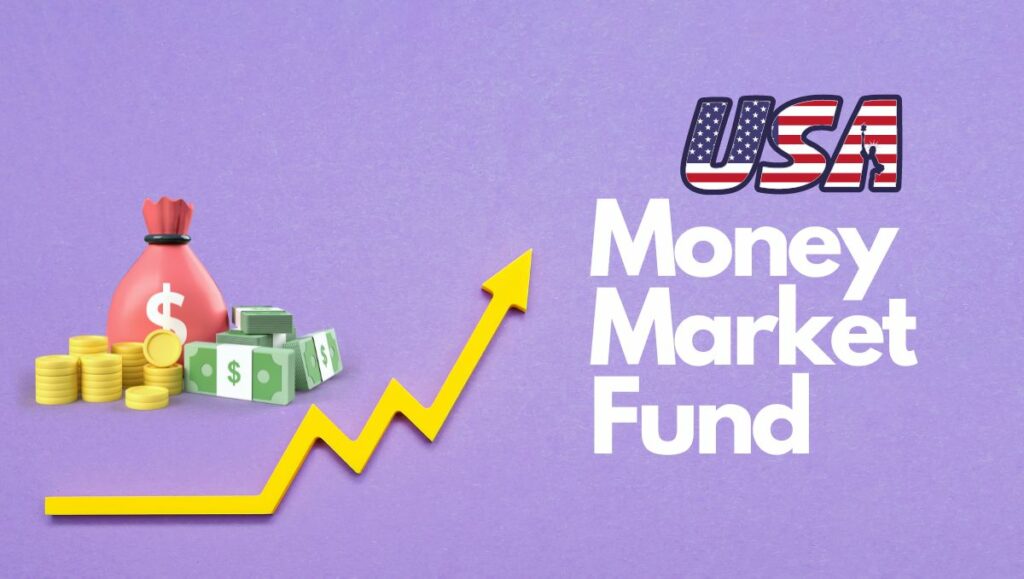
The banking sector is facing one of the worst crises since the emergence of Covid-19, with investors rotating their portfolios and sending over $286 billion into U.S. money market funds in just two weeks. Goldman Sachs, JPMorgan Chase, and Fidelity are the top winners, seeing inflows of $52 billion, almost $46 billion, and nearly $37 billion, respectively.
In times of uncertainty, money market funds offer investors a high degree of liquidity and low risk. As the U.S. Federal Reserve continues to raise interest rates to combat inflation, these funds are currently offering better yields than ever before. The Investment Company Institute reported that the total money market fund assets increased by $117.42 billion to $5.13 trillion in the seven days to March 22.
Credit default swaps (CDS), insurance on debt default, have seen an alarming increase in recent weeks as banks in Europe and the U.S. brace for liquidity constraints due to monetary policy tightening. For example, Deutsche Bank suffered a 7% drop on the New York Stock Exchange on March 24 due to a 19 basis points explosion of its CDS. In the U.S., Charles Schwab saw its CDS jump over 80% to 103 bps.
Unstablecoins: Depegging, bank runs, and other risks loom as investors flock to money market funds in an attempt to protect their capital from these increasing defaults. Even with money market funds booming, Bank of America notes investors are still cautious, as they feel a hard landing could result due to the bearish outlook of the current market cycle.
cryptocurrency investors are contemplating a cryptocurrency surge in the near future. While crypto prices continue to rise with Bitcoin up 45% year-to-date, investors seem to be hesitant to enter the market. If a significant portion of the $4.8 trillion currently held in money market funds were to enter the crypto market, demand and prices could surge exponentially.
As Europe’s biggest bank, Deutsche Bank continues to struggle, other European banks are severely impacted as well. UBS and Commerzbank both fell over 7% as UBS approval to acquire Credit Suisse was not enough to stem investor worries. With systemic risk, banks may suffer from a domino effect as all sorts of financial institutions have exposure to the banking industry.
In contrast to the banking crisis, Bitcoin has seen impressive gains in the last few months, and is currently trading at around $28,000. CEO of digital investment firm Dan Holdings, Danny Oyekan, commented that the Deutsche Bank situation indicates that “we are only at the beginning of what looks to be a widening crisis within the Global Banking System.” Crypto investors have glanced over these events, taking into account Bitcoin’s superiority and that it’s a decentralized, secure store of value.
As waters continue to become more and more turbulent, investors are flocking to the safest havens in search of protection of their capital. With increasing credit default swaps, bank runs and other risks, the $286 billion sent into money market funds in the past two weeks is a sign of the times. With more money moving into these funds, and cryptocurrencies looking increasingly attractive, the impact of these investments on the markets may soon become more apparent.


